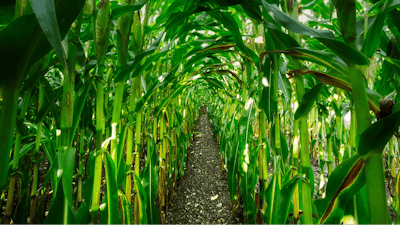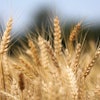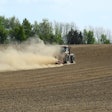
Purdue University scientists are harnessing artificial intelligence (AI) to address agricultural challenges, particularly predicting maize yield in the face of climate change. In a groundbreaking study published in Frontiers in Plant Science, PhD candidate Claudia Aviles Toledo, along with faculty advisors Melba Crawford and Mitch Tuinstra, demonstrated the use of a recurrent neural network to predict maize yield using remote sensing technologies and environmental and genetic data.
The research is part of a growing effort to simplify plant phenotyping, a traditionally labor-intensive process that involves measuring and analyzing plant characteristics like height and chemical composition. By using advanced technologies such as uncrewed aerial vehicles (UAVs) and satellites, the team is making data collection more efficient and accessible.
"This study highlights how advances in UAV-based data acquisition and processing coupled with deep-learning networks can contribute to the prediction of complex traits in food crops like maize,” said Tuinstra, a professor of plant breeding and genetics at Purdue.
Crawford, an expert in remote sensing and AI, praised Aviles Toledo’s work, emphasizing how the team’s efforts have enabled the collection of novel plant information through remote sensing. Hyperspectral cameras and LiDAR instruments—key technologies in this research—help capture detailed data about plant health and structure that would otherwise be undetectable to the human eye.
Through this innovative use of AI and remote sensing, the research team can predict crop yields more accurately and identify optimal farming practices, potentially allowing farmers to make better decisions about their crops.
"This is one of the first AI models to add plant genetics to the story of yield," Tuinstra explained. "Growers can use this to determine which varieties may perform best in their regions, while plant breeders can use it to select traits for future resilient varieties."
The study represents a significant advancement in the application of AI in agriculture, providing new tools to improve productivity and sustainability in an increasingly challenging climate.

















